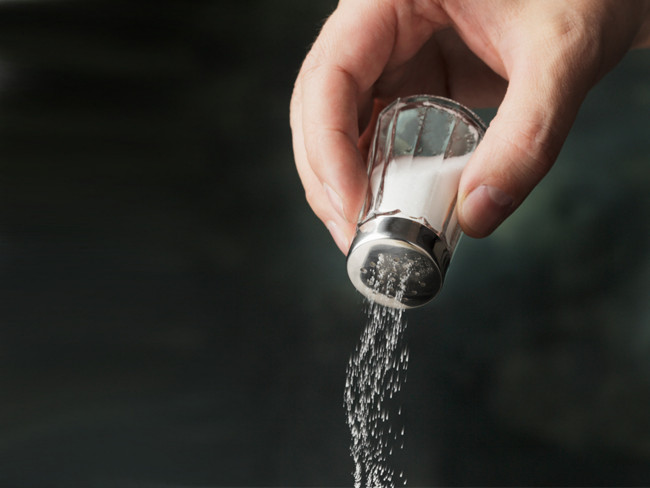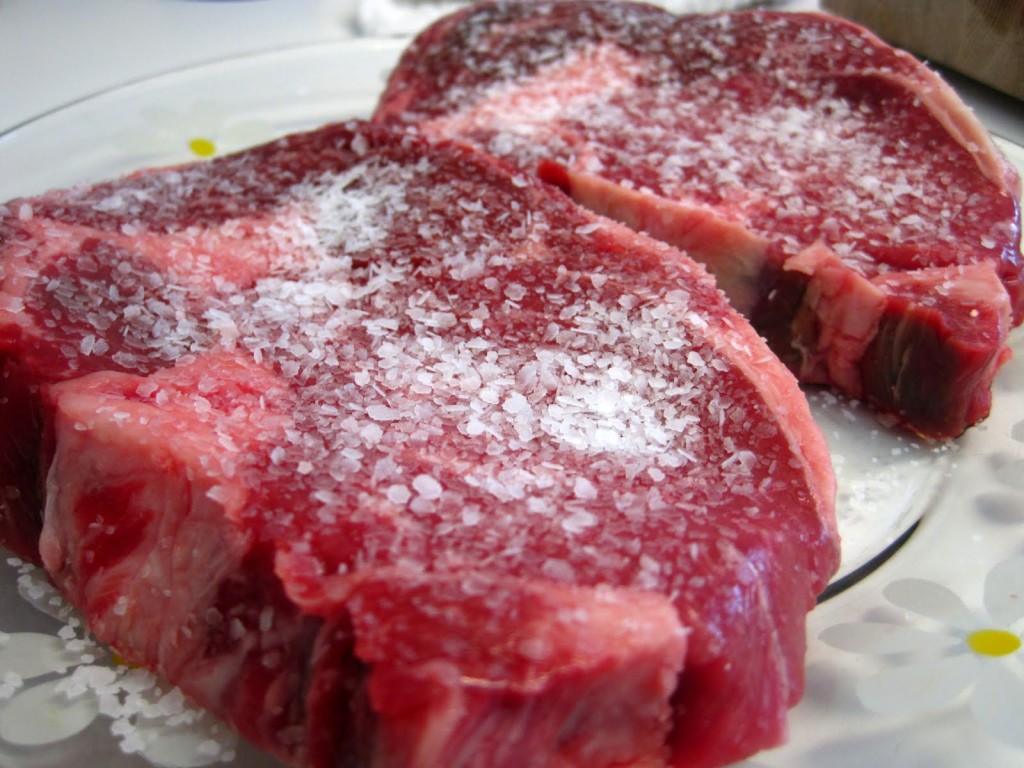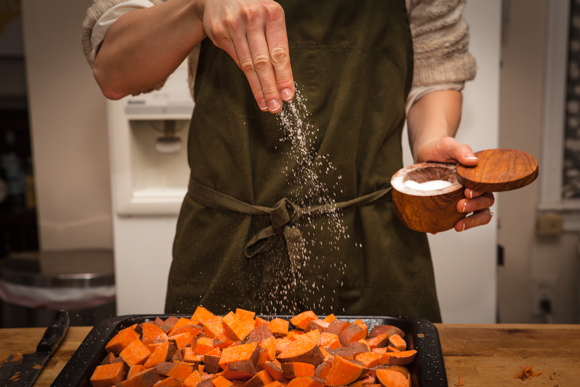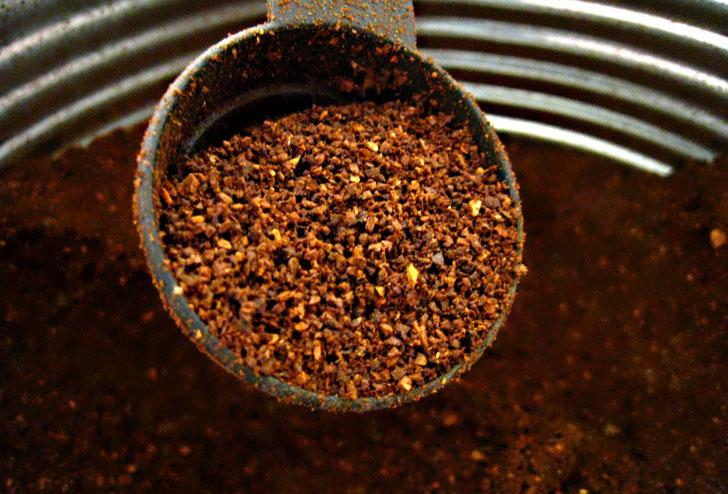Salt is everywhere. Walking through grocery store aisles, we’re surrounded by processed foods from frozen dinners to canned soup, which are all full of salt.
There are reduced sodium options for the health conscious, and it seems odd that manufacturers feel obligated to let us know when they’re not using something so prevalent in our food.

Photo courtesy of cdn.vogue.com.au
If you skip the grocery checkout and don’t feel like cooking, your options fall between fast food or going to a sit-down restaurant. We live in the post-Super Size Me era, so most people are well aware that fast food has ridiculous levels of sodium (among other things). The salt you find at sit-down restaurants, however, is a little less obvious.
It’s not unheard of for single menu items to have more sodium than your daily recommended intake, and just in case that isn’t enough, there’s always our loyal dining companion – the salt shaker.
So why’s that shaker sitting there filled with salt and not some other seasoning? Why aren’t restaurant tables lined with shakers of paprika and nutmeg instead?

Photo courtesy of spoelder.nl
It all starts back in ancient times when salting was the best way to preserve and reliably store food. Having reliable stores of food meant that small villages could feed and sustain more people, and that’s how a lot of early societies started to expand.
Salted food slowly became more common since it was always around and ready to eat, and eventually salted foods became so common that their taste was not just accepted, but expected. And why not? Salt makes food taste good.
Think back to the last time you craved something salty: a burger, a bowl of ramen, or maybe both fused into one. You probably weren’t thinking about just the taste of salt, but all the other flavors and aromas too. In fact, the taste of salt might not even cross your mind when you crave salty foods. So if it’s not the taste of salt that makes sodium laden munchies so captivating, what does salt actually do?

Photo courtesy of elevationdcmedia.com
To backtrack a bit, whatever you’re eating (hopefully) was or came from something that was alive at some point in time. Living things, so long as they come from this Earth, are largely made of water, which dilutes the taste of anything that you eat. It’s been proposed that adding salt to food enhances other flavors by tying down water molecules. Basically, salt might stop water molecules from diluting all the other flavors in your food.
So it’s the way that salt brings out other flavors that makes salty foods so satisfying, and it’s probably why your craving-fueled daydreams don’t have you downing salt straight from the shaker.

Photo courtesy of inhabitat.com
Besides concentrating other flavours in food, salt also decreases the bitterness that you’ll naturally find in foods like radicchio and coffee. You can even add salt to your coffee grounds to brew a better cup. In this case, salt isn’t there to add a salty taste, but rather to hide bitterness.
We’re surrounded by salt every meal of the day, so it’s easy to dismiss it as mundane, but between building early civilizations and boosting the flavors of our food, it’s safe to say that the salt shaker has earned its place at your table.


